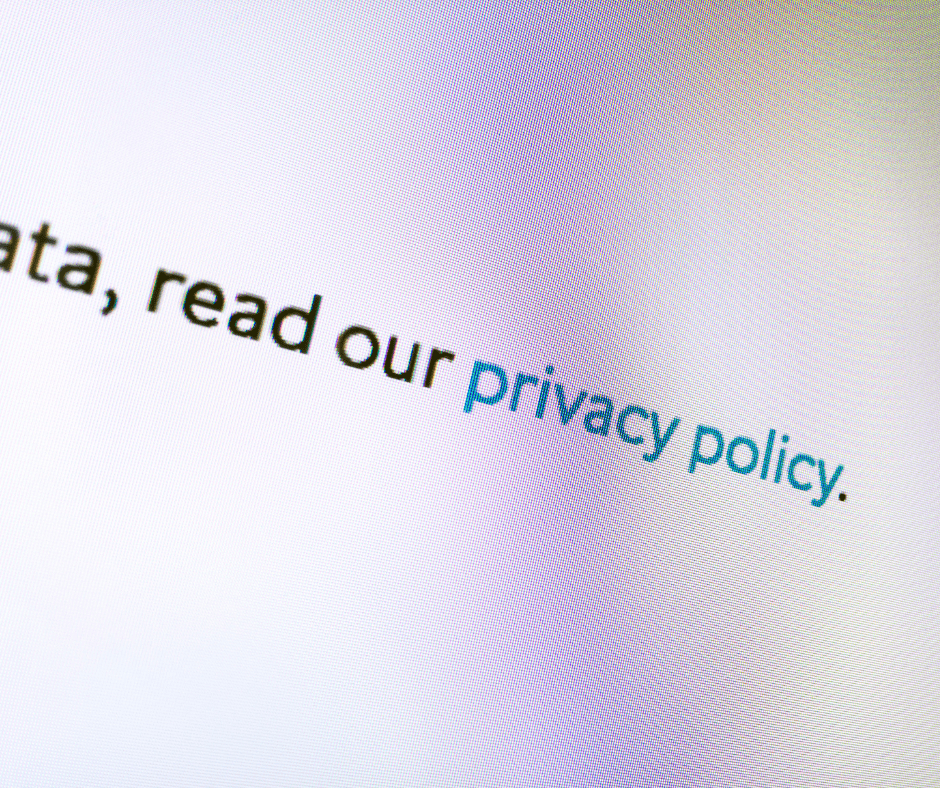Ridding The Measurement Myths of Google Privacy Ads
Let us rid you of the myths associated with Google Privacy Ads and the all-important but not so tasty Cookies.


By Ellie Clark
When it comes to Google ad privacy, it’s vital that you separate fact from fiction. By ridding yourself of the measurement myths that can not only have a detrimental effect on your results but also waste your time, you can move your results forward and gain a clear understanding of the next steps within your ad campaigns.
Furthermore, you’re able to identify gaps and find new solutions that’ll help you plan and implement success into your targeted advertising. In this article, we’re going to expose the wrongful beliefs of Google ad privacy so that you can maximise your ROI and, most importantly, show your competitors precisely what you’re made of.

About Good Ad Privacy
Firstly, targeted ad campaigns are effective because they increase the likelihood of interest from your audience. To put this into perspective, consumers love ads that resonate with them as it entices and inspires purchasing. However, in order to achieve this, you must know who you’re targeting, which requires data.
This data is usually in the form of website cookies. Although very effective as Google stores search history and modify ad campaigns to tie in with this, it does conjure up concerns about privacy. While targeted ads work well, a Google study found that a high percentage of people weren’t comfortable offering such personal information. Which has led to the government protecting such data through privacy laws. In fact, Gartner predicts that by 2023, 65% of the entire world will have protection. Which is a whopping rise from 10% in 2020.
Because of this, marketers are at a disadvantage. Until first-party data made an appearance which gives individuals the option to trade their data. While this is all hunky-dory, there are a lot of misconceptions about how much information and guidance this delivers. Here’s an insight into these Google ad privacy myths:
1. Cookies Damaging Website Tags
As third-party cookies are impacted through the loss of data, accurate measurements will be affected when building the tagging infrastructure that produces third-party cookies and other browser attributions. To combat this, adopting a tagging system that keeps up with industry evolvements, such as a globe site tag or Google Tag manager, can help provide you with accurate measurements. Thus, modelling and bidding of conversions are improved.
2. Accuracy Relies On Third-Party Data
It’s not all about third-party. In fact, first-party data can adhere to visitors’ preferences of privacy, while also grasping further information. By creating a value exchange between your business and your customers, you will encourage morale. For example, you could offer deals, special offerings, and recommendations suited to individuals in exchange for their customer information across your website, offline channels, or app.
Furthermore, once your permissions and tools are in place, first-party data can also provide actionable insights that are unique to your brand and its consumers.
3. Achieving Results & Protecting Privacy Come Hand In Hand
Most marketers that implement ads worry that measurement gaps that impact reporting and ultimately, downstream optimisation, will become a consequence of protecting their audience’s privacy. However, machine learning is able to analyse data to sieve out correlations, trends and other insights. Not to mention, these Google ad privacy-safe machine-learning techniques can strengthen campaigns, and provide an even more accurate look into the customer journey.
Are you concerned about the future without third-party cookies now that Google ad privacy is developing? With some planning and creativity, you can still build a strong measurement foundation that can offer even stronger leads. By nurturing the relationship between your brand and its customers, you’ll soon see this as a longer-term solution, while also still hitting your performance targets.
As an insight, here’s a comment from our PPC Manager, Becky:
“Whilst the phase-out of third party cookies is concerning, it’s essential to remember that not all cookies are been phased out, first-party cookies will still be eligible for use. Marketing strategies will need to evolve in 2023 and it’s best to prepare as much as possible by monitoring the Google Privacy Sandbox (https://privacysandbox.com/intl/en_us/), keeping up-to-date on Google’s announcements and looking into introducing the first-party data into your advertising strategy will help your business stay ahead of these changes.”
If you need further clarification on Google ad privacy settings, get in touch with the Soshell team today at [email protected]. Or if you’re looking for advertising experts that encourage maximum performance within Google Advertising, we’re your people. Just let us know exactly what you’re looking for, and we’ll offer you a free consultation on how we can deliver you those results.
By Ellie Clark
Position
you may also like…
5 Ways For Marketing Valentine’s Day
The big V day is upon us, and so it’s time to get some insight as to how you can share the love with your customers and partners in 2022. Here are 5 marketing for Valentine’s Day ideas.
The Best Christmas Adverts 2021
Who doesn’t love sitting next to the fire with a hot choc and watching the Christmas adverts for that year? We do too. Find out how each brand has brought magic to the most wonderful time of the year & why it works so well.
9 Reasons To Use Business Infographics
In a business, presenting information is pretty crucial in everyday activities. But, what is the best way to engage your audience? Business infographics are the perfect way to draw the attention of others, while helping your business grow online.

